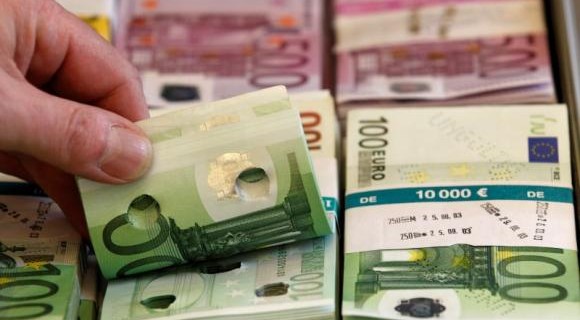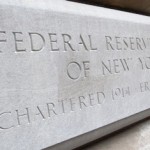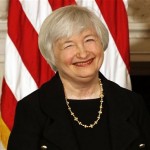‘Currency war’ to be ‘lose-lose’ game: Strategist (video)

With each fresh headline of a central bank cutting interest rates comes rising concerns over the global race to the bottom.
As the U.S. contemplates coming off policies that suppressed the dollar’s value, its counterparts are heading in the other direction. The most recent move came from Australia, which cut its key interest rate by a quarter percentage point Tuesday, setting off the latest wave in the beggar-thy-neighbor monetary wave.
The result is that the world is heading toward a global currency war that Bank of America Merrill Lynch strategist David Woo said ultimately will have no winners.
“The bottom line: A weak currency might provide a short-term boost to the countries engaging in currency devaluation. However, if everyone is playing the same game, all we will end up with is more and higher FX volatility,” Woo said in a note to clients Tuesday. “This in turn will likely exact a toll on global trade and capital flow.”
Woo bemoans how currency devaluation has “lost some of its stigma in international policy circles lately … even though it is likely a lose-lose outcome for everyone involved.”
Central banks have been easing across the globe ever since the days of the financial crisis. The Federal Reserve led the way, slicing its target funds rate to near zero in late 2008 and not budging since then. The U.S. central bank in October 2014 did end its monthly bond-buying program that swelled its balance sheet to $4.5 trillion and is expected to begin slowly hiking rates later this year.
However, in its stead has come a slew of other easing actions from the Fed’s counterparts.
The Bank of Japan launched its own quantitative easing program last year, and the European Central Bank followed a few weeks ago. The Swiss National Bank shocked the financial world when it ended the franc’s peg to the euro. India has recently devalued and so has Vietnam. Nigeria is expected to do so soon and other central banks are likely to be close behind.
“Besides the effect of diminished stigma, another reason why there seems to be a rush to jump on the weak currency bandwagon is the simple fact that inaction automatically entails loss,” Woo said. “In other words, if everyone else is pushing their currencies weaker and you don’t, you will end up with a strong currency that will come at the expense of your competitiveness.”
Some of the consequences he foresees: Higher volatility that will increase trading costs, reduce the competitiveness of multinational companies; depress capital and investment flows, and provide for less attractive carry trades, in which low-cost currencies are borrowed to invest in higher-yielding assets.
Yoo also offers a “tail risk” or black swan-type scenario in which China also joins the currency war, devaluing the yuan. He said it’s an unlikely possibility that nonetheless can’t be taken off the table in case of a Chinese growth slowdown.
Should that happen, Yoo said, it would be a “major” problem for the global economy.
Source: cnbc – ‘Currency war’ to be ‘lose-lose’ game: Strategist (video)





























